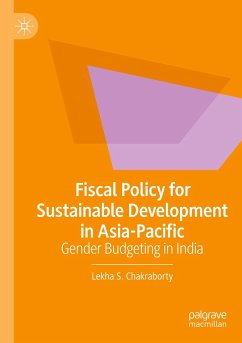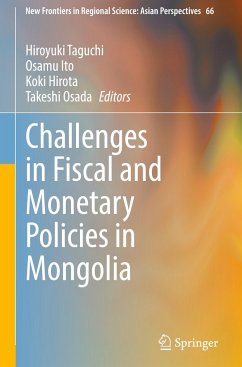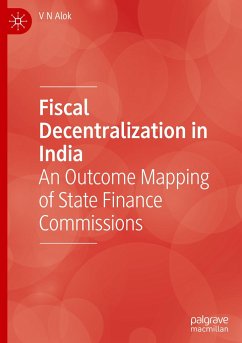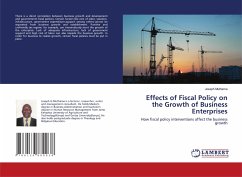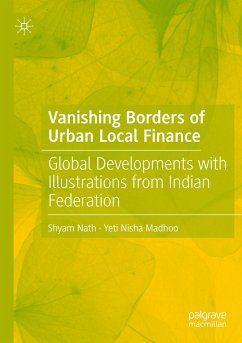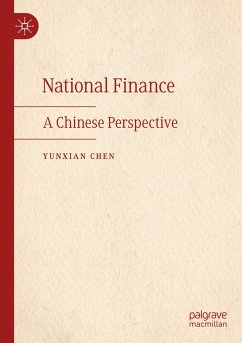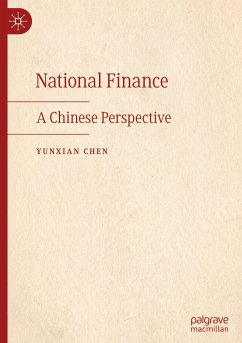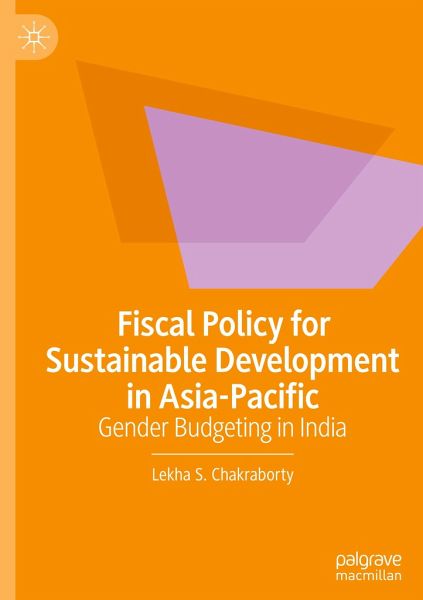
Fiscal Policy for Sustainable Development in Asia-Pacific
Gender Budgeting in India
Versandkostenfrei!
Versandfertig in 6-10 Tagen
91,99 €
inkl. MwSt.
Weitere Ausgaben:

PAYBACK Punkte
46 °P sammeln!
This book examines how macro-fiscal policy can lead to gender-aware human development in an emerging economy like India, with special reference to gender budgeting. Integrating gender lens in macro-fiscal policies has been widely recognized in international and national policy making and budgeting. The book highlights the gender diagnosis-the measurement issues relate to construction of gender outcome variables; the statistical invisibility of unpaid care economy sector and how deficiency in public infrastructure can accentuate the private costs; the analytical link between gender outcome vari...
This book examines how macro-fiscal policy can lead to gender-aware human development in an emerging economy like India, with special reference to gender budgeting. Integrating gender lens in macro-fiscal policies has been widely recognized in international and national policy making and budgeting. The book highlights the gender diagnosis-the measurement issues relate to construction of gender outcome variables; the statistical invisibility of unpaid care economy sector and how deficiency in public infrastructure can accentuate the private costs; the analytical link between gender outcome variables and macro-fiscal policy frameworks; the role and impact of fiscal transfers on gender equality outcomes at subnational levels; time series of gender budgets in India across sectors and its fiscal marksmanship; gender disaggregated public expenditure benefit incidence analysis to understand the distributional impacts of public spending on women across income quintiles and suggest policy alternatives. The book uses unique database-time use survey data and the disaggregated demand for grants, expenditure budgets using gender lens. The book employs case study, simple statistical tools for the analysis and econometric methodology.





